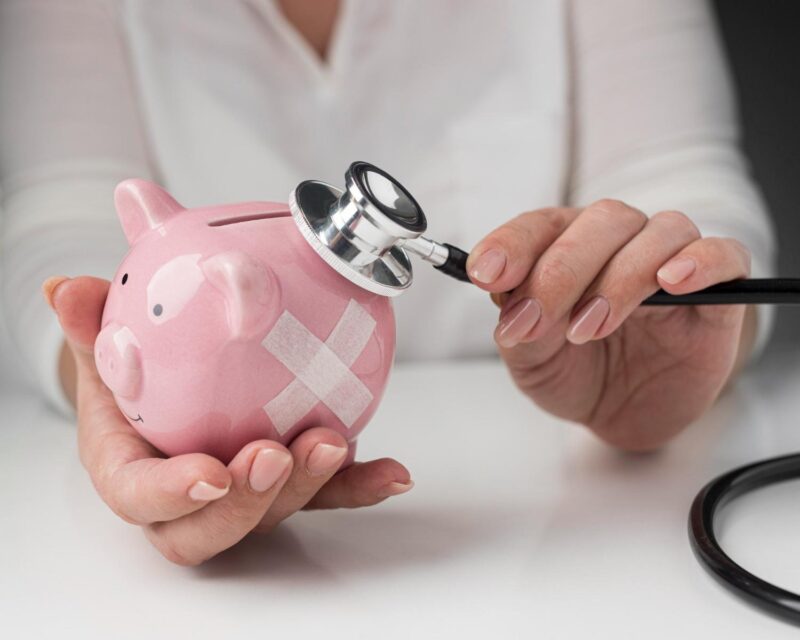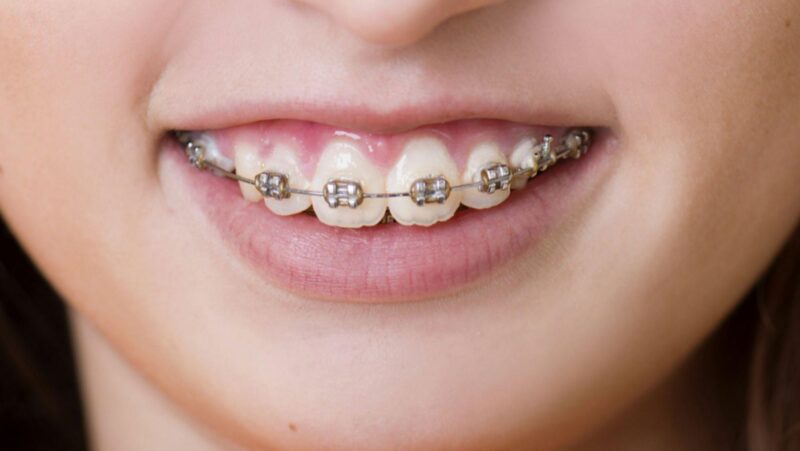
It’s easy to look at other people who have sustained long-term sobriety and assume they have something you don’t.
The truth is, though, that most people can recover if they make that choice. There is no secret ingredient that can’t be learned and applied.
A lot of the necessary tools for your addiction recovery have to do with managing your mental health, and one of the most essential of those is goal setting.
Goal setting works in addiction recovery because it gives you a sense of direction. You know where you want to be, so you’re going to take the actions necessary to achieve that.
That’s what we’ll go over in this guide.
What Are Recovery Goals?
Goals for addiction recovery are the building blocks of the road back to wellness.
They’re specific, tangible things you can do today, or this week, or this month to help you move closer to long-term sobriety and health.
Setting goals in recovery is essential. Sobriety is not just abstaining from alcohol or drugs; it often begins with medically supervised detox. Specialized programs exist for different substances, alcohol detox for alcohol dependence, opioid detox for opioid use, or cocaine detox for stimulant addiction, helping individuals safely manage withdrawal symptoms and stabilize physically and mentally. Goal setting provides you with the structure and direction you need to make that happen.
Goals are different than an overall recovery objective like “get well” or “stay clean forever”. Instead, these are actionable things you can do today or in the coming week. Examples might include:
- Attending therapy sessions
- Rebuilding relationships with family or friends
- Creating healthy coping mechanisms for stress
- Developing a regular exercise routine
- Exploring new hobbies and interests
- Learning about nutrition and wellness
Think of setting goals in addiction recovery as breaking down the large, abstract concept of “recovery” into smaller, more manageable tasks. Recovery is a big, scary thing to take on, but a series of smaller things like “attend a therapy session” or “call my sponsor when I feel triggered” are far more actionable.
That’s what recovery goals do; they help you take the large-scale concept of “wellness” and break it down into parts you can actually accomplish.
Why Goal Setting Matters in Addiction Treatment
Goals are more than just something to keep your mind occupied, they are what will help you recover and stay that way.
Goals help rewire your brain to seek out and take actions that support your wellness and sobriety.
It may not sound like it at first, but you literally change your brain chemistry when you choose to change your life. Goals, because they are actionable, do just that.
Goals, according to evidence-based practices, are a way to help encourage lasting change. This isn’t just a belief; it’s a proven fact.
For example, the National Institute on Drug Abuse states that roughly 75% of individuals who develop an addiction recover from it at some point in their lives.
75%. Think about that. 3/4ths of people. Three out of every four people.
That’s the group that overcomes it and the group that needs some help from time to time. The people who do the best in recovery are not those who got lucky, they’re those who put a plan into place.
Goal setting is how that plan works.
Setting goals for your recovery provides a sense of focus in what was once a chaotic lifestyle. Programs like those found at Rolling Hills Recovery Center have found success in this area, so much so that they use goal setting as a staple of their treatment process.
Goal setting in addiction treatment gives patients a way to focus, a way to create a structure in their life where one did not previously exist. The latest data we have on this subject is that 29.3 million adults in the United States say they have resolved a significant substance use issue in their lives.
That’s a big number. That’s not just people who got lucky; that’s people who changed their lives.
Goals Create Accountability
Accountability is an important part of recovery, but it’s even more important if you can make it external. Setting goals that you write down, and share with your therapist, support group, treatment team, and others create a system of external accountability.
A study found that people who wrote down their goals were 33% more likely to accomplish them. When you share those goals with other people, that accountability factor only goes up.
Goals Give You Measurable Progress
Progress in recovery is so hard to measure sometimes. You wonder if you are improving, you wonder if you are making any progress at all.
Goals, however, solve this by giving you a way to measure it.
Is it working? Are you getting better? These questions are difficult to answer in a general sense but become much easier when you have things you can point to, such as 12 meetings in a month, or 30 days of sobriety, or however you measure your goals.
The SMART Framework for Goals
SMART is an acronym to help with goal setting.
It’s not the only way, of course, but it is the best one.
Specific: Clear goals work better than ambiguous ones
Measurable: You should be able to track it
Attainable: Set goals that you can reach
Relevant: Focus on goals related to your recovery journey
Timely: Give yourself a deadline to create a sense of urgency
Specific
Instead of, “I will be healthier” consider, “I will walk for 20 minutes three times per week.”
The latter goal tells you what you have to do, when, and how often. It is specific. This is important because the vaguer your goal, the easier it is to avoid doing it. Clear goals do not allow that.
Measurable
Goals must be measurable.
You want to know if you’re succeeding. By making your goals measurable, you can track that. How many therapy sessions did you attend? How many days did you go without using substances? How many healthy meals did you make for yourself?
Numbers are not subjective; they don’t lie. They are a very easy way to tell if you’re succeeding.
Attainable
If you’ve never exercised in your life, running a marathon is not a goal you should make. It’s just setting yourself up for failure.
On the other hand, 10 minutes of daily walking is a goal you can probably reach.
Goals need to be realistic, not too hard but also not too easy. This creates a balance where you are building momentum by achieving small things but also not setting yourself up for frustration.
Relevant
Goals should all relate to your recovery in some way.
Attending support groups weekly is relevant. Learning stress management techniques is highly relevant.
Goals that don’t relate to your recovery journey are just distractions that take energy away from more important things.
Timely
Deadlines are important.
“I will rebuild my relationship with my sister” becomes much more powerful as, “I will call my sister every Sunday for the next month.”
Goals that are timeless lack urgency.
Types of Goals for Addiction Recovery
Goals, as we mentioned above, can be short, medium, or long-term.
Short Term
These are day-to-day and week-to-week goals. They might include attending a therapy session today, calling your sponsor when you feel triggered, or meditating for 10 minutes every morning.
Short-term goals help build up to long-term objectives.
Medium Term
These are a couple of weeks to a couple of months. Complete a 30-day outpatient program, attend a support group twice per week for three months, or develop a consistent exercise routine.
Medium goals help bridge the gap between day-to-day tasks and long-term aspirations.
Long Term
These are one-year sobriety, returning to school or starting a new career, and building a strong support network. Long-term goals give you something to work toward when things are difficult.
Goals Are Key
Goal setting in addiction recovery is essential. It gives you structure, accountability, and a way to measure your progress. Use the SMART criteria to make sure your goals are effective. Focus on short, medium, and long-term goals, and make sure they are specific, measurable, attainable, relevant, and timely.
Change your life. Set your goals today.












